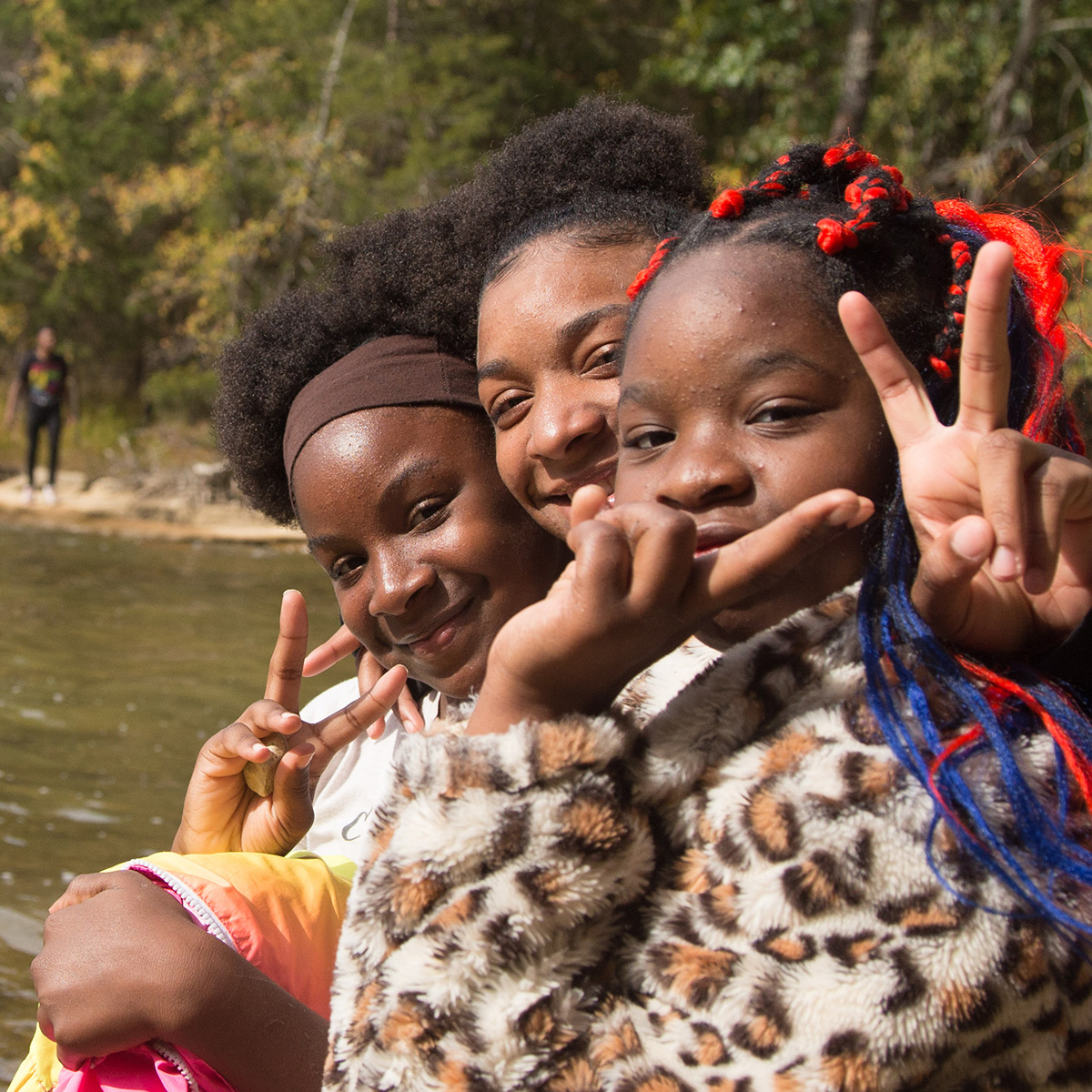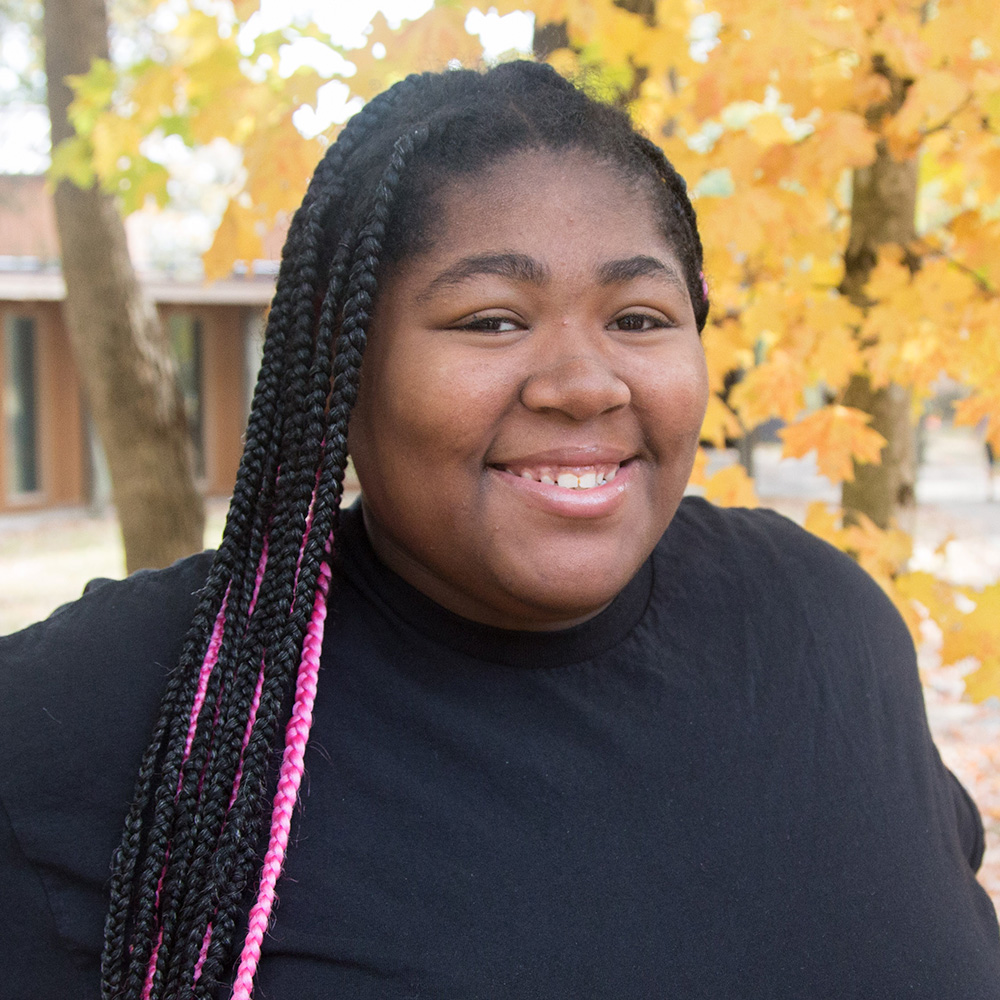Wellness
Why Emphasize Wellness?
Unfortunately, children who live in poverty are much more likely to have Adverse Childhood Experiences (ACEs). Because ACEs can have negative, lasting effects, Water Walkers is committed to providing mental health assessments and treatments for the children served. We partner with licensed counselors on a regular basis to provide weekly, age-based group sessions. They work with the kids (and their families) to offer social-emotional support, anger management training, trauma informed care, group counseling, one-on-one counseling, and anxiety and depression relief workshops.
According to the Centers for Disease Control & Prevention (CDC), strong evidence consistently links low income to ACE exposures. Children growing up in impoverished neighborhoods are much more likely to experience ACEs.
- Health (disrupt healthy brain development, compromise immune systems, obesity, diabetes, depression, suicide attempts, STDs, heart disease, cancer, stroke, COPD, broken bones)
- Behaviors (social development, smoking, alcoholism, substance misuse and other unhealthy coping behaviors)
- Life Potential (graduation rates, academic achievement, lost time from work)
- Teaching skills to help parents and youth handle stress, manage emotions, and tackle everyday challenges;
- Connecting youth to caring adults and activities;
- Intervening to lessen immediate and long-term harms.
Our partnership with the Mental Health Cooperative provides a valuable resource that’s available 24/7 to help troubled kids and families deal with extreme circumstances. MHC’s integrative team approach to counseling, meeting needs, and addressing problems benefits the families we work with, taking our Wellness program “to the next level”. Our objective is to connect MHC with every family who has a child in our program, and then reach out to other families in the neighborhood.
Another major component of our Wellness program focuses on getting kids outdoors. Significant evidence validates that time spent outside improves mental, physical, and emotional health. The neighborhood where our kids live has limited opportunities to be outside. That’s why we purposely schedule time for the kids to play at least 45 minutes daily (weather permitting). We also take the kids twice a month on outdoor activities like hiking, rock climbing, fishing, and zip lining.
Benefits of Mental Health Sessions
As licensed therapists began working with Water Walkers in the summer of 2022, they conducted an eight-week Anxiety/Stress Management Support Group on Mondays for students ages 8-18 (in age-appropriate groups). Some of the topics included positive outlooks, identifying and managing anger, loss of a loved one, living in impoverished neighborhoods, financial stress, and domestic violence.
Since then, counselors have continued to work with the kids consistently, and the benefits are evident:
- Many students indicate feeling less stressed when using breathing techniques and coping skills learned during the Mental Wellness program (applicable in their home, neighborhood, and school).
- They are learning how to process their emotions as they talk through certain circumstances.
- They are learning how to open up and build trust even after the horrible effects of Adverse Childhood Experiences.

DONATE
VOLUNTEER
Wellness Outcomes
- In early group sessions students learned how to define stressors and triggers, how to identify symptoms of stress, and learned various breathing exercises to practice during and after the group.
- Through group exercises students developed rapport with the counselor and each other leading to open discussion on stressors they experience at school, at home, and in their private lives. Topics included bullying, active shooters, and challenges with teachers.
- Students shared ways they cope within each area and openly sought direction from the counselor on how they can support each other. Students received practical information on ways to reframe and challenge their thoughts to manage their reactions.

Debbie
10th Grader
Testimonial: Debbie
“Water Walkers’ Mental Health Mondays should be mandatory for all public high school students in my book”, says *Debbie, a 10th grader in Water Walkers’ Leadership Program.
“On Mental Health Mondays we learn a lot from our licensed counselor. She gives us tools, strategies and methods to help us deal with high pressure situations. We have learned about breathing and consideration techniques. This helps me slow down on my reactions to things and forces me to think with a calm mind. That’s how Water Walkers live life.”


